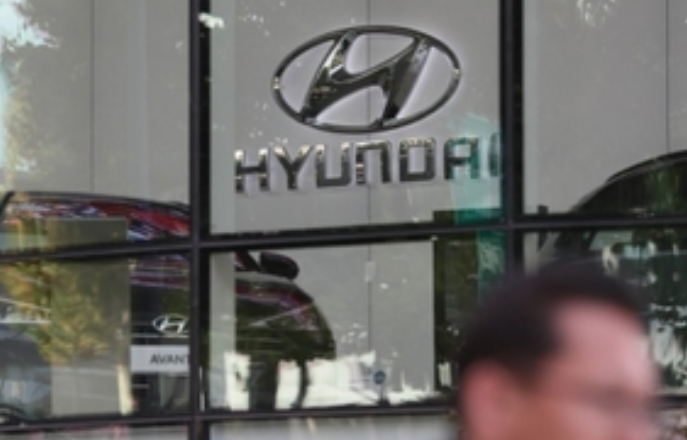Technology
Hyundai, Toyota to cooperate in motor sports division

Seoul, Oct 28
The chiefs of Hyundai Motor Group and Toyota Motor Corp said on Sunday that the two carmakers will cooperate in the motor sports division in their first public appearance at a racing event.
Hyundai Motor Group Executive Chair Euisun Chung and Toyota Motor Chairman Akio Toyoda attended the Hyundai N x Toyota Gazoo Racing event held at Everland Speedway in Yongin, 41 kilometers south of Seoul.
Hyundai's high-performance brand N and Toyota's Gazoo Racing, the motorsport division of the Japanese carmaker, jointly held the racing event in Korea, reports Yonhap news agency.
"The companies have agreed to cooperate in high-performance motor sports vehicles," a company spokesperson said over the phone, without giving further details.
Samsung Group Chairman Lee Jae-yong also attended the event as the group operates the speedway.
Meanwhile, Hyundai Motor’s third-quarter net profit fell 3 per cent from a year earlier due to increased incentives and costs in global markets.
Net profit for the three months ended in September fell to 3.206 trillion won ($2.3 billion) from 3.303 trillion won during the same period of last year, the company said in a statement.
Increased incentives in the European and U.S. markets and higher costs for preemptive warranty extensions for an extended period for the Grand Santa Fe SUV sold in the U.S. market weighed on the quarterly results, the statement said.
Looking ahead, Hyundai expected unfriendly market conditions, such as lower demand, stricter emissions standards and tougher competition with rivals, will continue to drive up incentives and other costs in the fourth quarter.
"To ride out those uncertainties, we will focus on improving the product mix with a focus on high-end models and enhancing profitability through cost reduction," Hyundai Motor Senior Vice President Lee Seung-jo said.
While introducing next-generation models in global markets, Hyundai also plans to increase sales of gasoline hybrid models to offset lower demand for all-electric cars amid the EV "chasm," which is occurring before the widespread adoption of EVs.



































